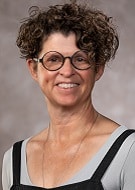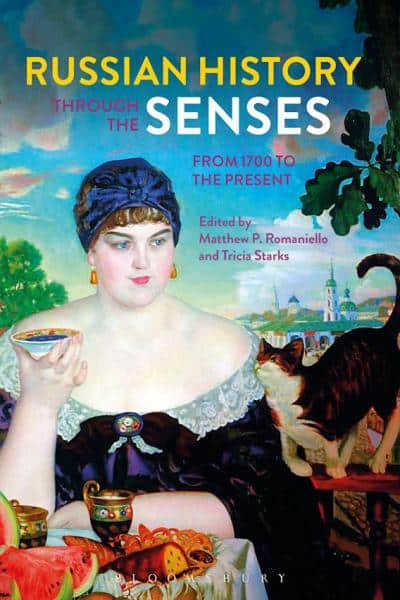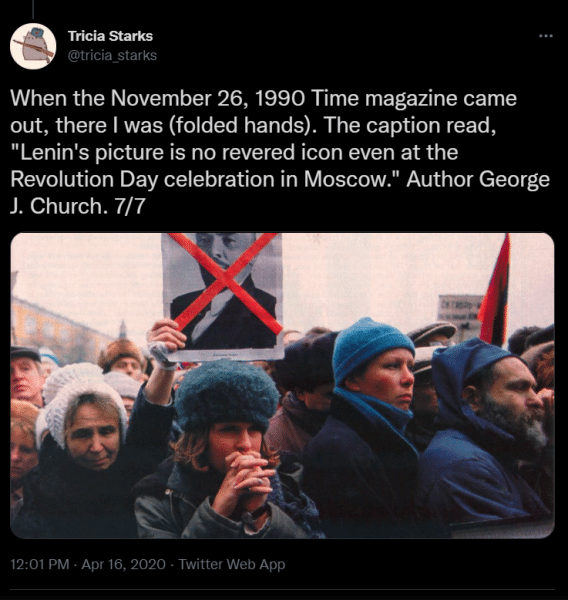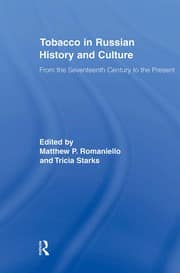
Tricia Starks
Professor of History and Director of Arkansas Humanities Center, University of Arkansas
When did you first develop an interest in Slavic, East European and Eurasian Studies?
I grew up in a small town about an hour from Kansas City. I went to the state school at the tail end of the Reagan Era and taking Russian for my required language seemed a way to buck the late Cold War demonization.
When the opportunity came to go to the Soviet Union, I jumped, and ended up in Time magazine and with a changed life. I tweeted out the story.
What support have you received throughout your career that has allowed you to advance your scholarship?
I have received support from the Fulbright, Kennan, NEH, NIH, and universities I attended, but ASEEES has been the most sustained support of my career. At ASEEES I gave papers, got advice, met people, and reconnected. More importantly, I became acquainted with the larger field, how I fit, and saw ways to reach across fields by attending panels outside my comfort zone. ASEEES became a place for new opportunities. Matthew Romaniello and I used the conference for a set of interlocking panels that birthed our edited volumes on tobacco and the sensory.

I just turned in the manuscript for my Soviet tobacco book to Northern Illinois University Press. I am now moving on to examine anxiety over male health across the Soviet period for a forthcoming book with Bloomsbury.
What does your ASEEES membership mean to you? How has your involvement with ASEEES helped to further your career?
Last year, I became a lifetime member of ASEEES, and this year, I signed on to be part of the Think Tank for BIPOC, LGBTQ+, and other underrepresented students in REEES. The group assigns mentors to students as they prepare their first research presentation for ASEEES. It means so much to me to be able to help these students navigate their introduction to an organization that has helped me to develop so many fruitful and important work and personal relationships.
How do you envision your current research projects(s) within the broader field of SEEES?
All my work has attempted to bring Russian and Soviet stories into global history of medicine. My tobacco research is a challenge to western-based narratives of addiction. In my first tobacco book, I documented how the Russian market moved into smoking more addictive and dangerous products earlier leading to their dramatic response after the revolution. My Soviet tobacco book argues that despite the lack of sophisticated advertising, marketing, product manipulation, or market saturation, people still smoked a great deal showing that social and cultural contexts can greatly influence processes that are often described as largely biological.
Besides your professional work, what other interests and/or hobbies do you enjoy?
I enjoy spending time with my kids and curling up with a furry friend and some light fiction.

